Is it true that the Chinese lunar calendar was actually invented by the Vietnamese?
中国农历实际上是越南人发明的,这是真的吗?
以下是Quora网友的评论:
Michael X
It is not a lunar calendar, but a lunisolar calendar, Chinese never called it lunar calendar. Initially it was called, 农历 which means the agricultural calendar. The month was calculated using lunar, every 15th of the month, there is a full moon. However, the year was calculated using the solar system, it uses leap month to adjust the differences. There were 27 observation stations set up all across China, spreading from Siberia to South China Sea. Yes, Paracel island. The margin of error per year comparing to current calendar is only 26 seconds.
You guys adopted it and claims it is yours without knowing how it was calculated is quite ridiculous.
农历不是阴历,而是阴阳历,中国人从来不叫它阴历。最初中国人称之为农历,意思是农业历法。月是用阴历计算的,每个月的15号,都会出现一次满月。但年是用太阳历计算的,并用闰月来调整历差。从西伯利亚到南海,中国在各地建立了27个观测站。是的,西沙群岛。与现行历法相比,每年的时间误差只有26秒。
你们在对中国农历的原理一无所知的情况下采用了中国农历,还声称这是你们越南人发明的,真是离大谱。
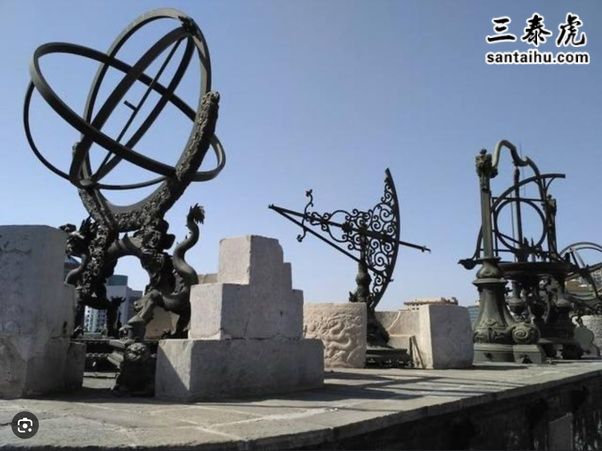
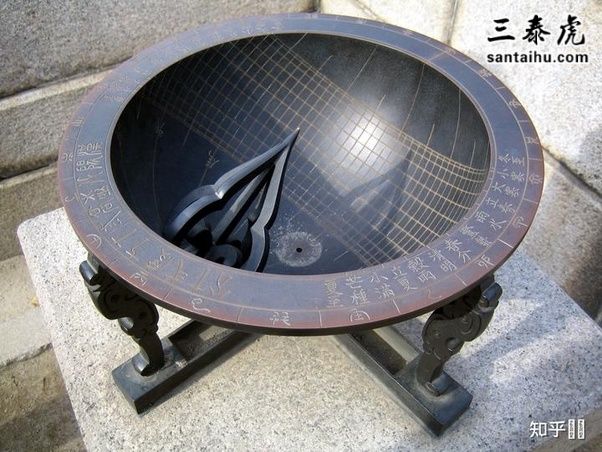
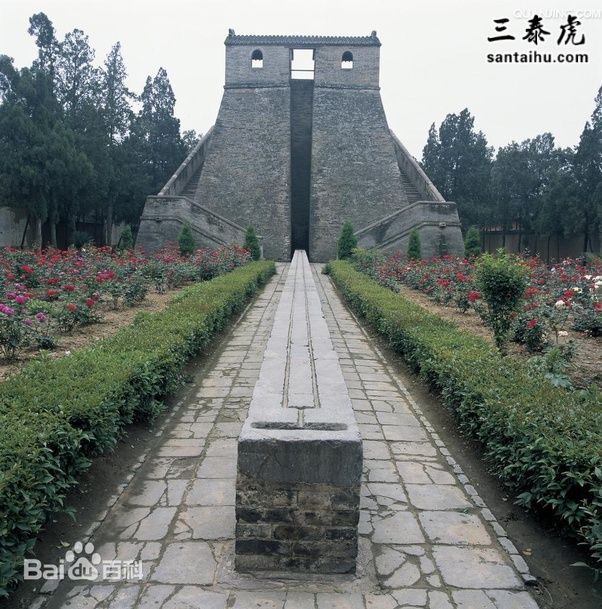
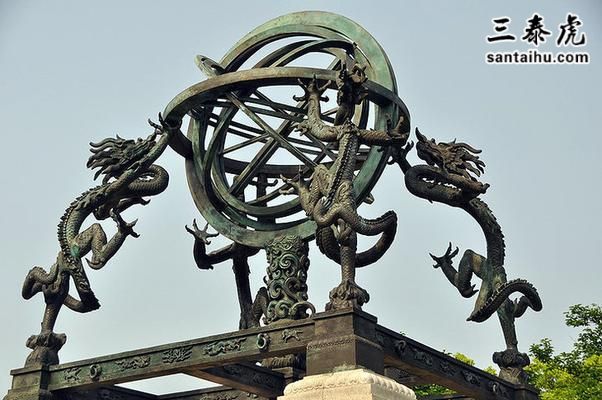
Vivian Chen
No, I’ve seen this claim a few times. The “Vietnamese invented the Chinese New Year” claim is a Vietnamese nationalist myth based on two other nationalist myths:
That all of southern China was originally populated by “Vietnamese” people.
That the “original Chinese” were nomads who didn’t know how to farm and learned how to farm from the “Vietnamese” in southern China.
不,这种说法我已经看到过几次了。“越南人发明了中国新年”的说法是某个基于两个民族主义神话的越南民族主义神话:
最初,整个中国南部都是越南人的居住地。
“最初的中国人”是游牧民族,他们不知道如何耕种,是从居住于中国南方的“越南人”那里学会的耕种。
Thus they believe the Chinese “stole” the agricultural calendar from the Vietnamese and the New Year date as well.
This is pretty easily debunked by archaeological and genetic evidence which shows that the proto-Sino-Tibans were descended from millet farmers who lived along the Yellow river in northern China. The earliest agricultural calendars are from northern China and gradually spread southwards. The proto-Chinese were definitely not nomads, they were farmers. They very famously fought against nomads and considered nomads to be “uncivilized”.
因此,他们认为中国人“窃取”了越南的农业日历和新年。
这一点根本经不起考古和基因学证据的推敲,证据表明,最早的汉藏人是生活在中国北部黄河沿岸的粟农的后裔。最早的农业历法来自中国北方,并逐渐向南传播。早期中国人肯定不是游牧民族,他们是农民。他们和游牧民族之间的战争史上有名,他们认为游牧民族是“野蛮人”。
Southern China was populated by many hundreds of ethnic groups known as the “Baiyue” who were genetically heterogeneous, spoke languages from various families, and practised different cultures. They were not “Vietnamese” because such an identity did not exst yet and they weren’t “Chinese” either because they weren’t Sinicized yet. The Vietnamese do descend from Baiyue peoples but so do almost all other Southeast Asians, and the southern Chinese have varying degrees of Baiyue ancestry as well. The Vietnamese may descend from some Baiyue groups but absolutely not all of them.
中国南方居住着数百个被称为“百越”的民族,他们基因不同,语言不同,文化也不同。他们不是“越南人”,因为当时“越南人”还没有出现,他们也不是“中国人”,因为他们还没有被中国同化。越南人是百越民族的后裔,几乎所有东南亚人都是如此,中国南方人也有着不同程度的百越血统。越南人可能是一些百越族的后裔,但并非全部。
The very idea that the agricultural calendar originated with the Vietnamese does not make sense fundamentally because the calendar would have been vital in an environment that had extremely cold winters. That’s definitely something you would expect more in northern China than Vietnam, or even southern China (winter in Beiing isn’t the fucking same as winter in Hong Kong). The calendar also uses Solar Terms and each term is based on the seasonal changes of climate in the North China Plain. The calendar was exported to Vietnam but it continues to be used in the same form, which is why there is a discrepancy between the actual Vietnamese climate and the 24 Solar Terms. If the calendar was invented by the Vietnamese then there should be no discrepancies in the first place.
By the way, it’s a lunisolar calendar, not a purely lunar one.
农业历法起源于越南的观点根本就说不通,因为在极度寒冷的冬季,历法的作用非常重要。
中国北方绝对比越南、甚至中国南方更需要历法(北京的冬天和香港的冬天实在不是一回事)。
中国农历还总结了节气,每一个节气都是根据华北平原气候的季节变化而敲定的。这个历法被完全照搬到了越南,所以越南的实际气候与24节气之间存在着差异。
如果农历真是越南人发明的,那么不应该存在差异啊。
顺便说一下,中国的农历是日月历法,不是纯粹的阴历。
Monsey Lee
The Lunar Calendar is a calendar created by the ia Dynasty (2070 B.C.) in order to determine the changes in climate and predict the coming of the seasons.
In the long history of Chinese civilization, the Lunar Calendar, as a time measurement system, carries a rich agricultural culture and astronomical wisdom. The origin of the Lunar Calendar does not come from a single calendar, but rather from the profound observations and summaries of the ancestors on astronomy, meteorology and agriculture throughout its long history. The following is a brief introduction to the origin of the Lunar Calendar, revealing the formation process of the Lunar Calendar and its far-reaching influence in Chinese culture.
阴历是夏朝(公元前2070年)创造的历法,目的是确定气候的变化和预测季节的变化。
在中华文明的悠久历史中,农历作为一种时间计量系统,承载着丰富的农业文化和天文智慧。农历的起源并不是单一历法,而是古人在漫长的历史中对天文学、气象学和农业的深入观察和总结。下面简要介绍一下农历的起源,揭示农历的形成过程及其在中国文化中的深远影响。
X ia X iaozheng: The Earliest Calendar in China
X ia X iaozheng was an astronomical calendar of the ia Dynasty, which first systematically recorded the operation laws of the sun, moon and stars. By observing the alternation of the sun and the moon, the changes in the growth of everything, the difference between the warmth and the coldness of the earth, and the alternation of day and night, the ia people created the ia iaozheng, which laid the foundation for the later calendars.
夏小正:中国最早的历法
夏小正是夏朝的天文历法,最早系统地记录了日、月、星的运行规律。夏朝人通过观察太阳和月亮的交替,万物生长的变化,地球的冷暖差异,昼夜的交替,编制了夏小正,为后来的历法奠定了基础。
The Birth of the Summer Calendar: The Wisdom of the Yellow Emperor
With the continuous development of society, ia iaozheng gradually evolved into a more complete calendar. According to legend, the Yellow Emperor granted a more complete calendar when he measured the sky. This calendar not only included the observation of astronomical phenomena, but also combined with a deep understanding of the growth patterns of agricultural crops, which later became the prototype of the lunar calendar. The calendar of this period is known as the Summer Calendar.
夏历的诞生:黄帝的智慧
随着社会的不断发展,夏小正逐渐演变成较为完整的历法。根据传说,黄帝在测量天空时传授了一个更为完整的历法。这种历法不仅包含了对天文现象的观察,还结合了农作物生长规律,这就是后来农历的雏形。这一时期的历法被称为夏历。
The calendar taught by the Yellow Emperor was mainly based on the knowledge of the laws of motion of the sun, the moon and the earth, and was compiled to include the year, the month, the day, 24 hours a day and night, 12 months a year, 24 solar terms, and 365 days divided into the four seasons of spring, summer, autumn, and winter, with three months in each season. This calendar became an important reference for agriculture, life and culture in ancient China, providing people with an orderly time frame so that mankind could better grasp the agricultural time, cultivate the land, and secure food and accommodation.
黄帝所教授的历法,主要是根据太阳、月亮和地球的运动规律,编制了年、月、日、昼夜24小时、一年12个月、24个节气,将365天分为春、夏、秋、冬四个季节,每个季节有三个月。这个历法成为中国古代农业、生活和文化的重要参考,为人们提供了一个有序的时间框架,让人们可以更好地掌握农业时间,及时耕种土地,保障粮食供应。
Evolution of the Lunar Calendar: Naming Shift from Summer to Lunar Calendar
After 1970, the Summer Calendar was reformed and renamed as the Lunar Calendar. This change was not just a name adjustment, but also a continuous improvement and updating of the calendar system. The current lunar calendar is calculated by the Purple Mountain Observatory of the Chinese Academy of Sciences, and the national standard "Compilation and Issuance of the Lunar Calendar" was issued in 2017 AD. This signifies that the Lunar Calendar, in contemporary society, still holds an important position as an important part of traditional Chinese culture and continues to provide people with the functions of time measurement and agricultural guidance.
阴历的演变:从夏历到阴历的更名
1970年以后,夏历经过改革,更名为农历。这种变化不仅仅是名称的调整,也是日历系统的不断改进和更新。现行农历由中国科学院紫金山天文台计算,公元2017年颁布了国家标准《农历编制发行》。这标志着农历作为中国传统文化的重要组成部分,在当代社会仍然占有重要地位,并继续为人们提供时间计量和农业指导的功能。
The marvelous fusion of yin and yang in the lunar calendar
In the Lunar Calendar, months are divided into big and small months, with the big month having 30 days and the small month having 29 days. The total number of days in a year is 354 or 355, which is 11 days shorter than the 365 or 366 days of the Gregorian calendar year. In order to better harmonize the lunar calendar with the return year, a reasonable intercalation method is used, such as the "19 years and 7 leaps" method, which makes the average number of days in the lunar calendar match the number of days in the return year.
阴历中阴和阳的奇妙融合
在农历中,月份分为大月和小月,大月有30天,小月有29天。一年的总天数为354天或355天,比公历的365天或366天少11天。为了更好地协调阴历与回归年,历法补充了合理的闰日和闰月,如“19年闰7次”的办法,让阴历的平均天数与回归年的天数相匹配。
Cultural Significance of the Lunar Calendar: Inheritance of Ancient Wisdom
The Lunar Calendar is not only a time measurement tool, but also an important part of ancient Chinese culture. It combines the wisdom of astronomy, meteorology, agriculture and other aspects, reflecting the ancient ancestors' profound understanding of the laws of nature. The evolution of the lunar calendar is both a crystallization of human wisdom and a reflection of the understanding of the laws of nature.
农历的文化意义:古代智慧的传承
农历不仅是测量时间的工具,也是中国古代文化的重要组成部分。农历结合了天文学、气象学、农业等方面的智慧,体现了古代祖先对自然规律的深刻认识。农历历法的演变是人类智慧的结晶,也反映了人类对自然规律的认识。
The Lunar Calendar is a precious heritage of Chinese culture and a product of mankind's profound knowledge of the laws of nature. The evolution of the Lunar Calendar is a process of mutual integration between mankind and nature, which carries a rich agricultural culture and historical memory. The cultural significance of the Lunar Calendar goes beyond the function of time measurement, reflecting the ancient people's profound understanding of nature.
农历是中华文化的宝贵遗产,也是人类对自然规律深刻认识的产物。农历的演变是人类与自然相互融合的过程,承载着丰富的农业文化和历史记忆。农历的文化意义超越了时间测量的功能,反映了古人对自然的深刻认识。
![]()
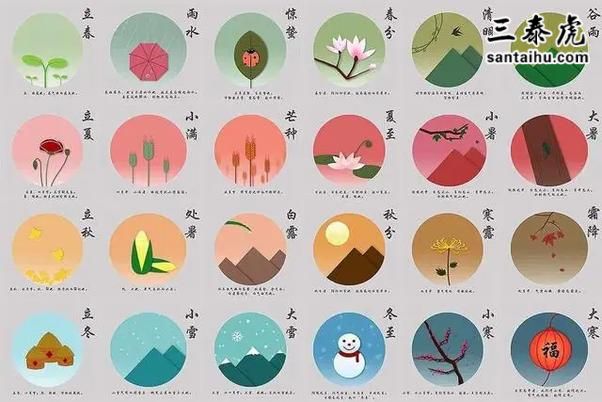
So, the Chinese lunar calendar was not invented by the Vietnamese, there was no Vietnam in 2070 before the park
所以,中国农历不是越南人发明的,2070年之前世界上还没有越南这个国家呢。
Bob Becksted
It’s highly unlikely given that the Chinese calendar is nearly 4700 years old. The Gregorian calendar is the official calendar in Vietnam. The Vietnamese version of the Chinese calendar varies slightly from the Chinese. Also, Vietnam didn’t really exst until it became a Chinese vassal state (Nam Viet, or Nanyue) in 204BC. There is always a chance that someone from the South worked in the Astronomic Bureau in China and contributed, but he wouldn’t have been “Vietnamese” in 2600+ BC.
考虑到中国历法已经有近4700年的历史了,这个说法不太可能是真的。越南的官方历法是格列高利历(公历)。越南版的中国历法与中国历法存在细微差别。此外,越南直到公元前204年成为中国的附庸国(南越)之时才正式建国。可能有南方人曾在中国的天文机构工作并做出过贡献,但在公元前2600年,这个人的身份不可能是“越南人”。
Michael Röschter
Why do so many Koreans and Vietnamese deny the fact that their Lunar New Years are all derived from Chinese New Year?
Strange. I haven't come across a single Vietnamese who denies the fact that the Lunar calendar is Chinese.
为什么那么多韩国人和越南人否认他们的农历新年源自中国新年?
奇怪。我还没有遇到哪个越南人否认农历源于中国的事实。
此文由 三泰虎 编辑,未经允许不得转载!:首页 > 大国 » 中国农历实际上是越南人发明的,这是真的吗
 作为华裔越南人,生活在越南是什么感觉
作为华裔越南人,生活在越南是什么感觉 越南人有中国血统吗
越南人有中国血统吗 “异地恋接吻神器”,中国互联网对这一发明作何反应,外国网友怎么评论
“异地恋接吻神器”,中国互联网对这一发明作何反应,外国网友怎么评论